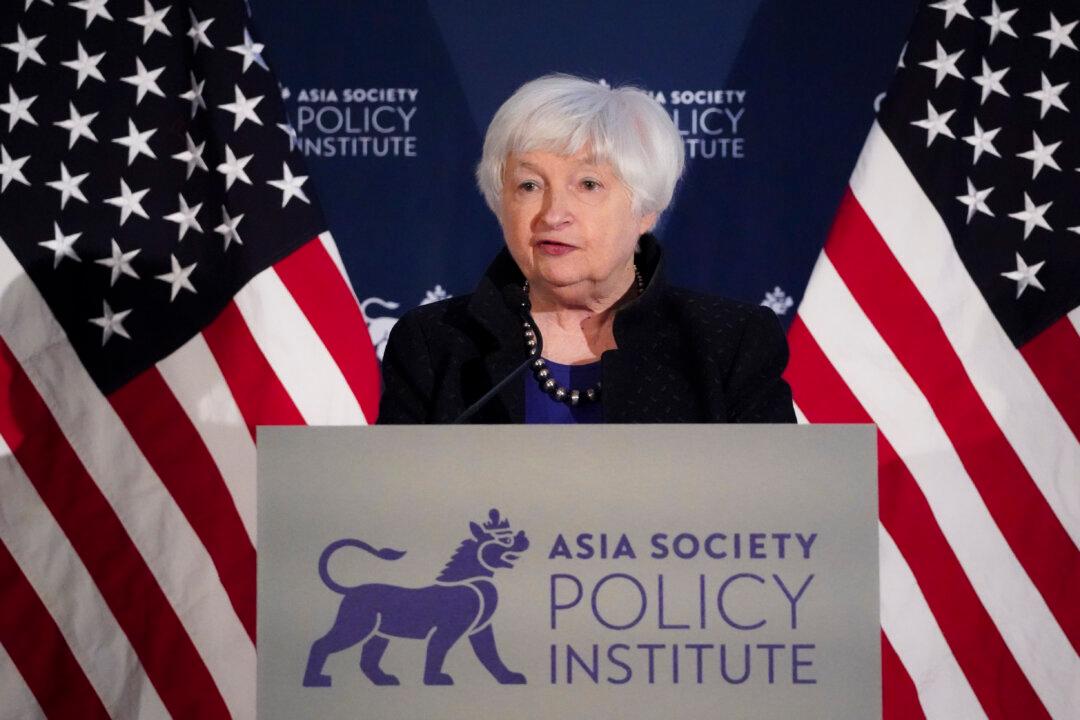A decoupling of the United States and China would have disastrous consequences for the global economy, according to Treasury Secretary Janet Yellen.
Ms. Yellen’s remarks come ahead of the much-anticipated Asia-Pacific Economic Cooperation summit in San Francisco. The White House confirmed that President Joe Biden would meet with Chinese regime leader Xi Jinping on the sidelines of the summit.





